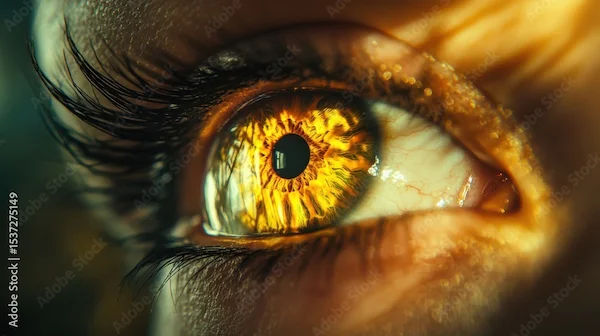Golf Problems After Cataract Surgery
Experiencing golf problems after cataract surgery? Learn about common vision changes, how they impact your game, and tips to get back on the green with confidence.

Written by Dr.Sonia Bhatt
Last updated on 16th Jul, 2025
 (1).webp)
Cataract surgery is a common and highly successful procedure that helps restore clear vision by replacing the cloudy lens in your eye with an artificial one. While most patients experience significant improvements in their vision, some may face challenges when returning to activities they love, such as golf. If you're an avid golfer who has recently undergone cataract surgery, you might notice some changes in your game. Don’t worry—this article will help you understand why these issues occur and how to manage them effectively.
Why Golf May Feel Different After Cataract Surgery
Golf is a sport that relies heavily on depth perception, contrast sensitivity, and sharp vision. After cataract surgery, your eyes need time to adjust to the new artificial lens (intraocular lens or IOL). Here are some common reasons why golfing may feel different:
Changes in Depth Perception – Your brain needs time to adapt to the new lens, which can temporarily affect your ability to judge distances accurately.
Altered Contrast Sensitivity – Some patients notice that colors appear brighter, but shadows and contours on the golf course may look different, making it harder to read greens.
Glare or Halos – Bright sunlight or reflections off water hazards can cause temporary glare, affecting your swing and putting.
Different Prescription Needs – If you previously wore glasses for distance vision, your new IOL may change how you see the ball.
Consult Top Ophthalmologist
Tips to Improve Your Golf Game After Cataract Surgery
Tips to improve your golf game after cataract includes;
1. Give Your Eyes Time to Adjust
It may take a few weeks to months for your vision to stabilize fully. Be patient and avoid rushing back into competitive play.
Start with light practice sessions before returning to full rounds.
2. Use Sunglasses with Polarized Lenses
Polarized sunglasses reduce glare and improve contrast, helping you see the course more clearly.
Choose lenses with UV protection to shield your eyes from harmful sunlight.
3. Consider Specialty Golf Lenses
Some golfers benefit from tinted or contrast-enhancing glasses (e.g., amber or brown lenses) that help distinguish between grass, sand, and the ball.
Discuss with your eye doctor if prescription golf glasses could help.
4. Adjust Your Putting Technique
Depth perception changes may affect short game accuracy. Practice putting more to regain confidence.
Try lining up putts with a different visual reference point if needed.
5. Stay Hydrated and Protect Your Eyes
Dry eyes can worsen vision clarity. Use lubricating eye drops if needed.
Wear a hat to reduce sun exposure and glare.
6. Consult Your Eye Doctor for FineTuning
If vision problems persist, a minor prescription adjustment (with glasses or contact lenses) may help.
Some IOLs (like toric lenses for astigmatism or multifocal lenses) may require additional adaptation.
When to Seek Help?
Most golf-related vision issues after cataract surgery improve with time. However, consult your eye doctor if you experience:
Persistent blurry or double vision
Severe glare that doesn’t improve with sunglasses
Difficulty seeing the ball even after weeks of adjustment
Your doctor may recommend additional tests or adjustments to optimize your vision for golf.
Final Thoughts
Returning to golf after cataract surgery may require some patience and adjustments, but most players regain—and often improve—their game once their vision stabilizes. By following these tips and giving your eyes time to adapt, you’ll be back on the course with confidence. If you're experiencing ongoing vision difficulties, don’t hesitate to reach out to an eye specialist. You can easily book a consultation or eye checkup through Apollo 24|7 for personalized advice.
Consult Top Ophthalmologist
Consult Top Ophthalmologist

Dr. Rajeev Gupta
Ophthalmologist
24 Years • MBBS, MS (Ophthalmology)
Ghaziabad
Om Eye & Gynae Centre, Ghaziabad
Dr. S Venkateswaran
Ophthalmologist
35 Years • MBBS, PGD (OPTHALMOLOGY)
Tiruvannamalai
Shiva Eye And General Hospital, Tiruvannamalai

Dr. Anchal Gupta
Ophthalmologist
10 Years • MBBS,MS ( Opthamology )
New Delhi
NETRAM EYE FOUNDATION, New Delhi
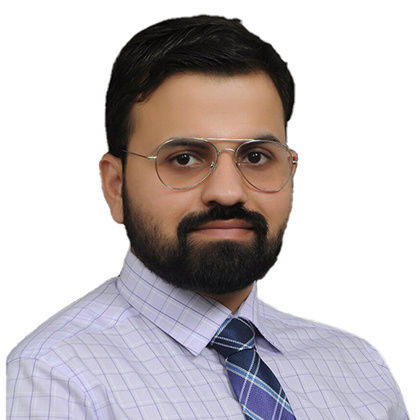
Dr. Aditya Sharma
Ophthalmologist
10 Years • MBBS, MS (Ophthalmology)
Chandigarh
Amar Shakti Eye & Gyne Clinic, #1550 Sector 7C Chandigarh, Chandigarh
Dr. Kakarla Roopa
Ophthalmologist
3 Years • MBBS MS Ophthalmology
Tirupati
Anna Gowri Hospital, Tirupati
Consult Top Ophthalmologist

Dr. Rajeev Gupta
Ophthalmologist
24 Years • MBBS, MS (Ophthalmology)
Ghaziabad
Om Eye & Gynae Centre, Ghaziabad
Dr. S Venkateswaran
Ophthalmologist
35 Years • MBBS, PGD (OPTHALMOLOGY)
Tiruvannamalai
Shiva Eye And General Hospital, Tiruvannamalai

Dr. Anchal Gupta
Ophthalmologist
10 Years • MBBS,MS ( Opthamology )
New Delhi
NETRAM EYE FOUNDATION, New Delhi

Dr. Aditya Sharma
Ophthalmologist
10 Years • MBBS, MS (Ophthalmology)
Chandigarh
Amar Shakti Eye & Gyne Clinic, #1550 Sector 7C Chandigarh, Chandigarh
Dr. Kakarla Roopa
Ophthalmologist
3 Years • MBBS MS Ophthalmology
Tirupati
Anna Gowri Hospital, Tirupati
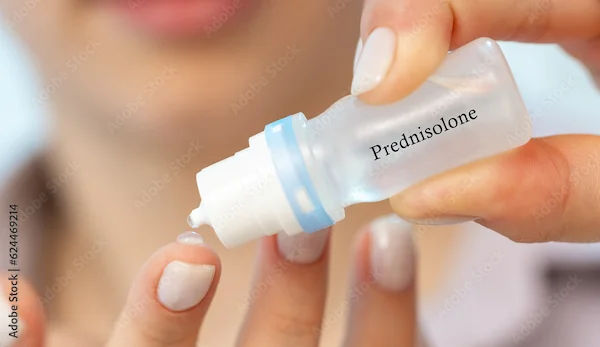
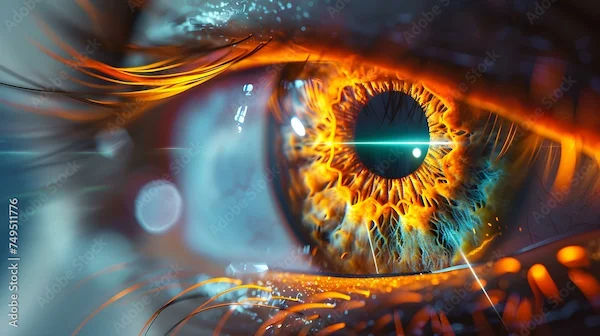
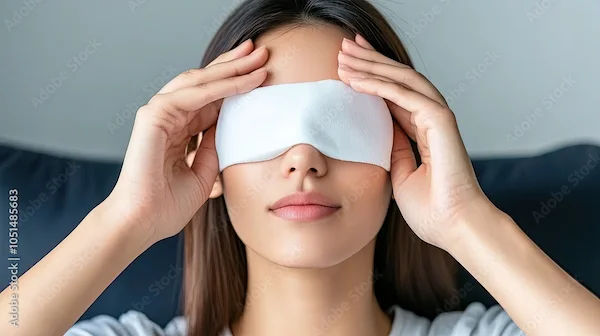
.webp)
